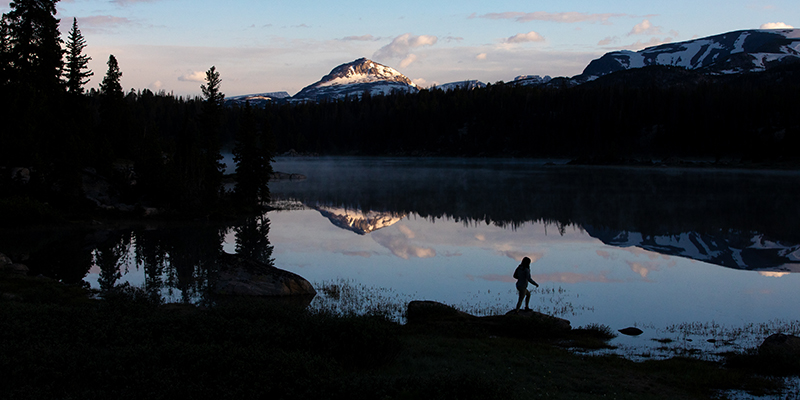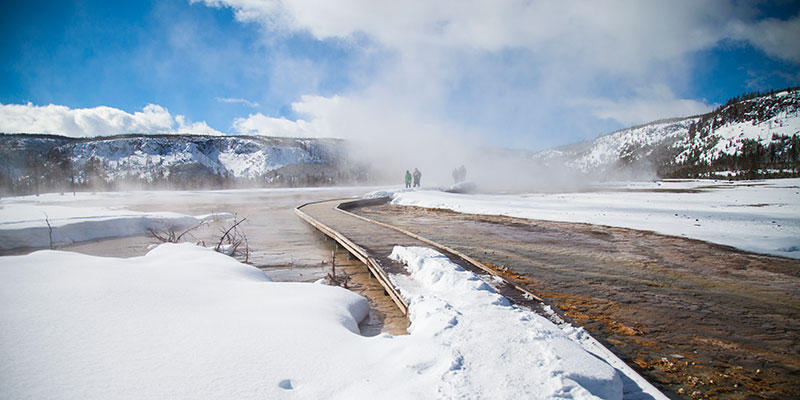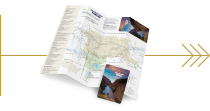Feel Better Through Nature; The Science Behind Being Outside

Yellowstone Country is a natural haven. A vast stretch of towering mountains, roaring rivers, rolling hills, and wildflower meadows so colorful it seems surreal. The landscape is large, and the beauty is vast. You feel it when you arrive – it’s breathtaking.
The feelings you get are not unfounded. There is a growing body of science behind the positive effects of spending time in nature, including:
- Lower stress
- Better moods
- Improved attention
- Uptick in empathy and cooperation
- Positive social interactions
- A sense of meaning and purpose
- Lower blood pressure and stress hormone levels
- Calmer nervous system
- Enhanced immune function
- Reduced anxiety
The increase in immune function is significant. Our bodies have a type of white blood cell called Natural Killer Cells, which are essential in destroying virus-infected and cancer cells. Studies have found that after a 3-day weekend in a forest preserve, Natural Killer Cells are boosted on average by 50 percent, whereas a 3-day weekend in a lovely urban setting does nothing to increase these cells. And the effects are lasting. Thirty days after being in nature, the cells are still 20-24% above the baseline number of natural killer cells. (You can learn more about this from the podcast Hidden Brain, “Our Better Nature; How the Great Outdoors Can Improve Your Life.”)
The majority of our time as humans has been spent living in and off of nature. Our urban environments are relatively new, which leads scientists to ponder, “When we left the cave, and the open country, we may have also left behind things we still need. Nobody knows how many of our internal processes are triggered by environmental clues.” (Healing Environments, Carol Venolia).
Attention Restoration Theory (ART) says that nature restores our ability to concentrate and pay attention. However, urban environments cause us to use our attention to overcome the effects of constant stimulation, leading to mental fatigue and making it more challenging to handle difficult social situations.

There’s an additional benefit to spending time in nature beyond the physical effects, feeling a connection. When people connect with nature, they feel like a part of a bigger whole. People benefit from their connection to nature, but nature benefits when people feel connected and committed to caring for the earth. It’s a win-win.
Even if you live in a city, you can still reap the benefits of being in nature simply by walking in a park, listening to the sounds of nature, or immersing yourself in natural scents. People who spent just two hours a week in green (or blue) spaces either at once or spaced out were substantially more likely to report good health and psychological well-being.
While getting out into nature is compelling on its own, the science behind the benefits makes it even more appealing.
“We tend to forget our connection to the earth, to the sky, to each other, to the life that’s constantly percolating in and around us. When forget our connections, we wind up feeling drained and isolated. When we remember our connections, we become energized, inspired and feel a part of all that’s around us.” – Margo Adair.


